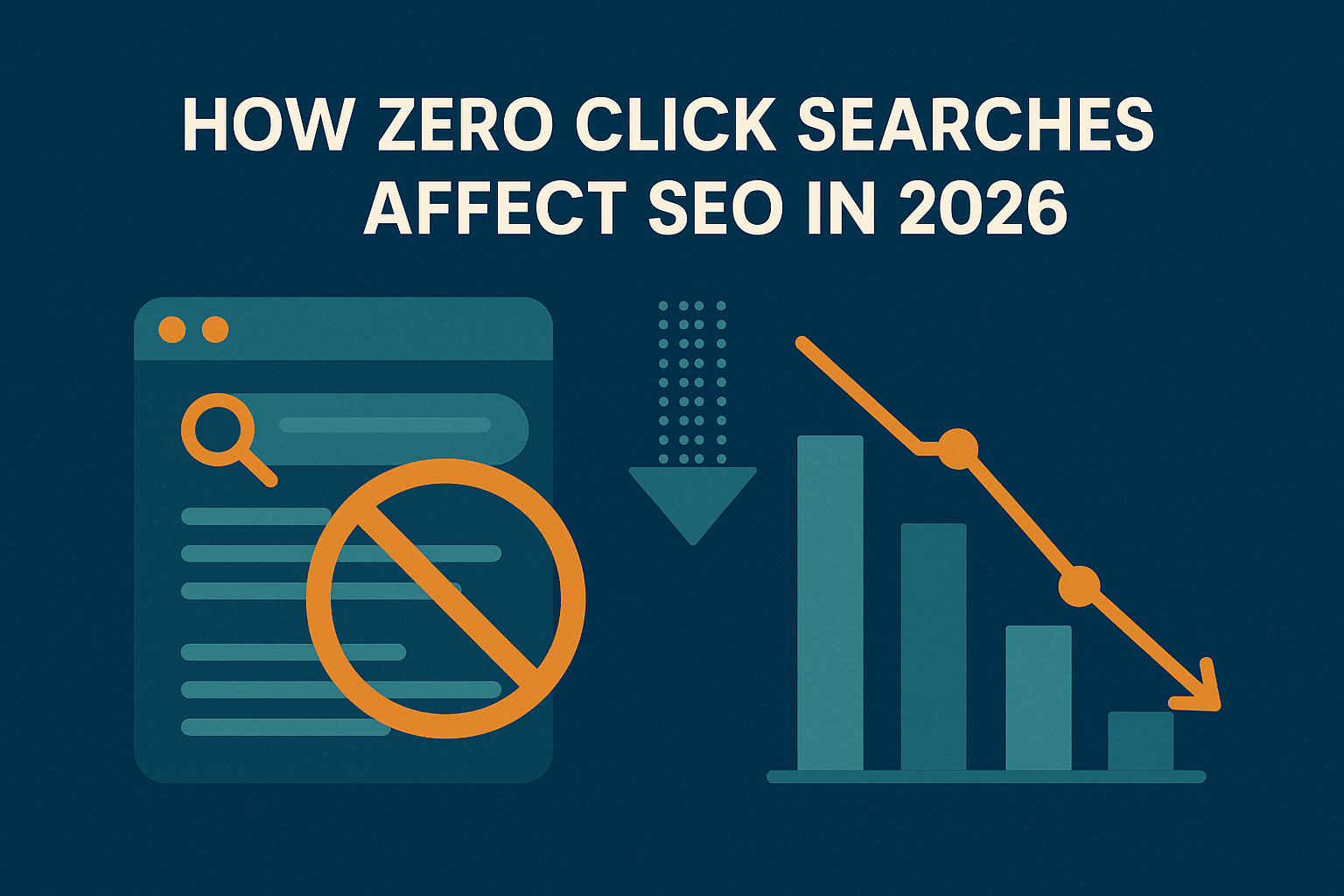Top Tasks You Should Always Delegate as an Agency Owner
Running an agency often means juggling a wide variety of responsibilities, but trying to handle everything yourself can quickly lead to burnout. Delegating tasks to your team, freelancers, or virtual assistants allows you to focus on high-level strategy and growth. Here are the top tasks you should always delegate as an agency owner:
1. Administrative Tasks
Routine administrative work can consume a lot of time and energy. Delegating these tasks ensures your day stays focused on core agency functions. Examples include:
- Managing emails and calendars.
- Scheduling meetings and appointments.
- Preparing invoices and processing payments.
- Organizing files and documents.
2. Social Media Management
Building a strong social media presence is essential, but it’s time-intensive. A dedicated social media manager or virtual assistant can handle:
- Scheduling and publishing posts.
- Engaging with your audience by responding to comments and messages.
- Monitoring analytics and preparing performance reports.
- Researching and implementing social media trends.
3. Content Creation and Editing
Content marketing is vital for brand visibility, but creating high-quality content can be tedious. Delegate tasks such as:
- Writing blog posts, articles, or newsletters.
- Designing graphics and visual content for social media or websites.
- Editing and proofreading materials for publication.
- Managing content calendars and ensuring timely delivery.
4. SEO and Website Management
Maintaining and optimizing your agency’s website and SEO strategy is essential but highly technical. Consider outsourcing:
- Keyword research and on-page optimization.
- Technical SEO tasks like improving site speed or fixing broken links.
- Website updates and troubleshooting.
- Monitoring analytics and creating SEO performance reports.
5. Client Onboarding and Communication
While you should maintain high-level relationships with your clients, delegating repetitive onboarding and communication tasks can save time. These tasks include:
- Sending welcome emails and contracts.
- Setting up client accounts on your systems.
- Collecting required documentation or information.
- Providing regular updates on project progress.
6. Project Management
Keeping projects on track is crucial but often detail-heavy. A project manager or assistant can handle:
- Tracking deadlines and milestones.
- Coordinating between team members.
- Managing project management tools like Trello, Asana, or ClickUp.
- Preparing progress reports for you and your clients.
7. Data Entry and Research
Tasks like entering data or conducting research are necessary but time-consuming. Delegate tasks such as:
- Updating client information in CRMs.
- Researching industry trends or competitors.
- Collecting and analyzing performance metrics.
- Preparing reports and presentations based on research findings.
8. Paid Advertising Management
Managing ad campaigns is a specialized task that requires constant monitoring. Delegate to an expert or assistant to handle:
- Setting up and optimizing ad campaigns on platforms like Google Ads or Facebook.
- Conducting A/B testing for creatives and copy.
- Monitoring ad performance and making adjustments.
- Preparing reports on ROI and ad spend efficiency.
9. Graphic Design
Design tasks are essential for creating a cohesive brand image but can eat into your schedule. Delegate tasks like:
- Designing logos, infographics, and banners.
- Creating branded templates for presentations or proposals.
- Developing custom graphics for marketing campaigns.
- Editing or resizing images for various platforms.
10. Accounting and Bookkeeping
Financial management is critical but doesn’t need to be done by you personally. Delegate:
- Generating and sending invoices.
- Reconciling accounts and managing expenses.
- Preparing financial reports and tax documentation.
- Overseeing payroll for employees and contractors.
11. Customer Support
Your clients need prompt support, but that doesn’t mean you have to handle every query. Delegate tasks like:
- Answering customer inquiries via email or chat.
- Troubleshooting common problems.
- Escalating critical issues to you when necessary.
- Managing a knowledge base or FAQ section.
12. Recruitment and Hiring Processes
Building a talented team is essential for agency growth, but recruitment can be time-consuming. Delegate:
- Posting job listings on relevant platforms.
- Screening resumes and conducting initial interviews.
- Coordinating interview schedules.
- Handling onboarding and training for new hires.
13. Marketing Campaign Management
From email campaigns to promotional events, delegating marketing tasks can improve consistency and execution. Examples include:
- Crafting email marketing sequences.
- Monitoring campaign analytics and engagement.
- Coordinating collaborations with influencers or partners.
- Scheduling and automating promotional campaigns.
14. IT and Technical Support
Tech issues can disrupt your workflow, but they don’t need to take up your time. Delegate:
- Troubleshooting software and hardware problems.
- Managing software licenses and subscriptions.
- Setting up and maintaining cloud storage or servers.
- Implementing cybersecurity measures.
15. Internal Team Support
Keep your team efficient by delegating tasks like:
- Organizing team-building activities.
- Creating training materials or conducting workshops.
- Ensuring team feedback is collected and addressed.
Delegating tasks as an agency owner isn’t about giving up control—it’s about maximizing efficiency and focusing your energy on areas that drive growth. By entrusting routine, technical, and time-consuming responsibilities to others, you can scale your agency, improve client satisfaction, and achieve a better work-life balance.
Start delegating today and watch your agency thrive!










